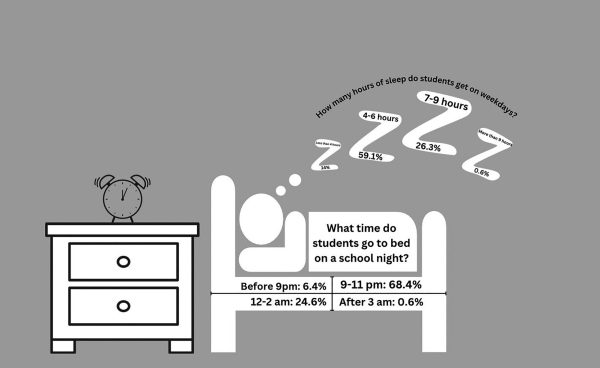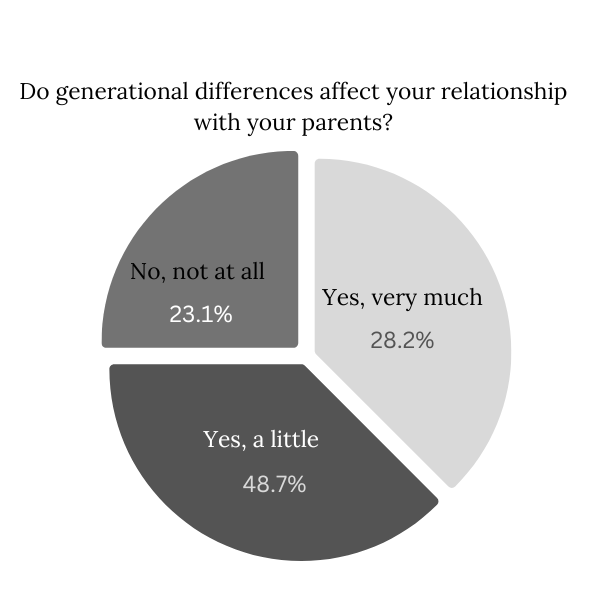Freshmen School Survival Guide
September 28, 2016
The school year may have just started, but the work is already piling up. Freshmen students may be left at the end of the day staring at the books, packets of homework, and study guides spread out before them, asking how they can possibly survive this mess the whole year without burning out and failing all their classes. They wonder just how exactly those before them have successfully navigated this minefield of high school.
Freshmen won’t have to wonder any longer. They too can learn tricks to better prepare them for the next four years of high school and where-ever else their lives take them after their graduation date.
Imagine the room of a six-year-old after a playdate. Barbies are strewn across the carpet, the toy chest is spilled over, legos betray feet at every step, and not one inch of the carpet is visible. Now imagine that mess bulldozed into a backpack and zipped up, only to be opened when trying to find a sock. Hopeless, isn’t it?
Do not let your locker, backpack, and work space get that cluttered. An organized space leads to an organized mind. Have a folder and a notebook for every class and then use those the whole year. Having everything easily accessible will let students finish and turn in homework faster, which is a definite boost for grades no matter what is scored.
But worry over grades should not be the first concern. Self-care and stress management is essential to survival in both school and the world. It allows people to function more efficiently and happily.
Already Freshmen have been adopting their own methods of handling their stressors. “Listening to music helps me relieve stress” says Freshman Miranda Mellerke while Freshman Madison Gardeakos says that she prefers to sleep to relieve her stress.
Another way to handle stress is to exercise. According to the American Psychological Association (APA), “You should find activities you enjoy and build them into your routine”. They also recommend to find a friend to exercise with because two friends are more likely to stick to the exercise than a single person.
According to the American Heart Association, to counteract stress of everyday life breaks are needed in-between work. That means taking at least fifteen minutes out of the day to do something pleasurable and not work related such as reading a book, playing a video game, or drawing a picture.
“I draw to relieve stress.” Freshman Daniel Monroy says, also stating that Honors Biology was one of his more stressful courses.
Lately, adult coloring books have been becoming a trend in the market. Many adults buy them to relieve stress and revisit the days of their childhood, when things were simpler. Adult coloring books are inexpensive and can be found at Walmart, Target, other retail stores, and on the back page of the Fielder.
An additional trick the American Heart Association recommends is positive self-talk. Students tend to get discouraged when faced with a lot of stress. Thoughts like “I can’t do this” do not help, and just makes students stress out more. Instead, keep a positive thought process about the stressful situation. Saying “I can do this” will go a long way.
No matter what the cause, stress is a plague everyone will be subjected to at one point or another. The most important course of action is learning how to relax without causing more work later on. High school is said to be the best years of a student’s life, not four years of overwhelming stress.










